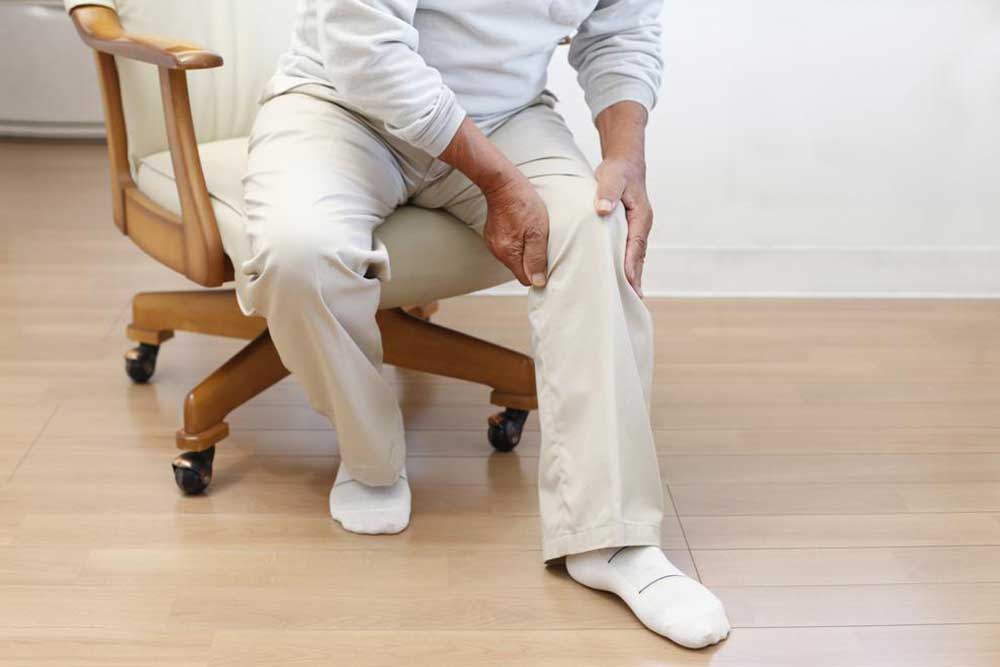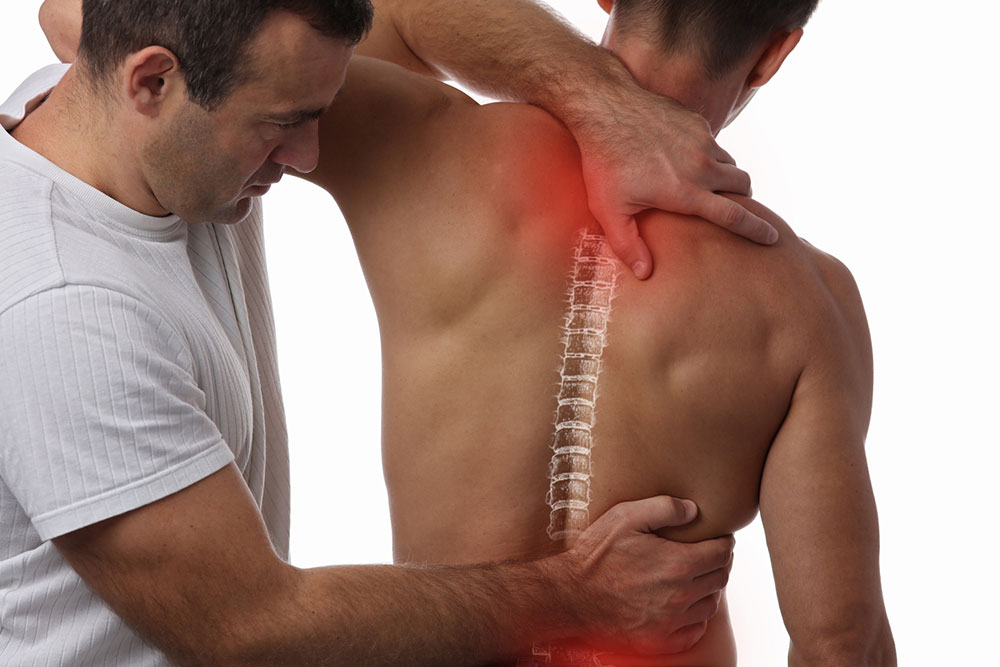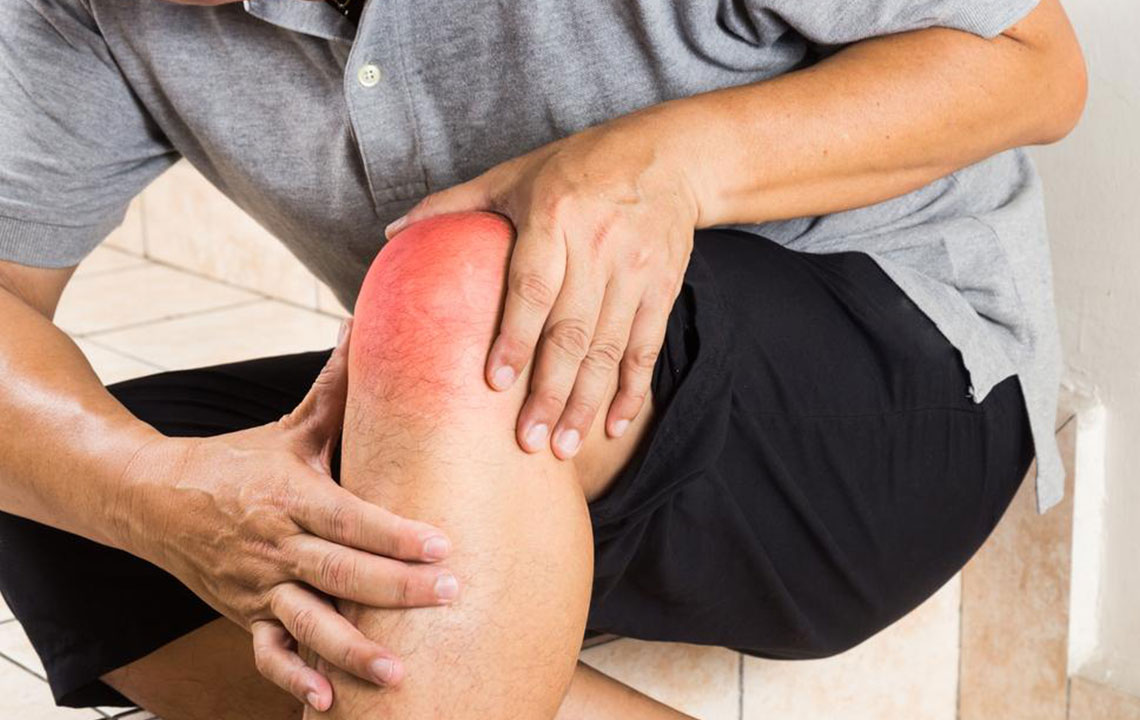When to Seek Orthopedic Care for Knee Pain
Learn when to seek medical attention for knee pain. Understand the role of orthopedic surgeons, symptoms indicating the need for evaluation, common procedures performed, and effective treatment options. Early consultation ensures proper diagnosis and prevents lasting damage, helping maintain mobility and quality of life.

Understanding When to Consult an Orthopedic Specialist for Knee Discomfort
Occasional knee pain is common and often linked to minor injuries, signaling your body to rest and recover. Usually, this discomfort diminishes over time. However, persistent knee pain lasting more than two days warrants medical evaluation. Chronic pain that does not respond to basic home care can impact daily activities and mental well-being. If knee pain persists beyond 48 hours, especially with swelling, loss of stability, or deformity, it is essential to see an orthopedic doctor for proper diagnosis and treatment.
What Do Orthopedic Surgeons Do?
Orthopedic specialists focus on diagnosing, treating, and preventing issues affecting the musculoskeletal system, which includes bones, muscles, joints, tendons, and nerves.
They employ both non-invasive therapies and surgical procedures based on the severity of the condition. External therapies may involve physical exercises, while surgery is considered if these methods do not yield results.
Orthopedic professionals may specialize in areas such as joints, spine, limbs, or sports injuries, providing targeted care for each region.
Reasons to Consult an Orthopedic Expert
Accurate diagnosis of knee problems is crucial for effective treatment.
The knee’s function is essential for mobility and daily activities. Ignoring injuries can lead to lasting damage.
Orthopedic surgeons have specialized knowledge in knee conditions and surgical interventions.
Many work as consultants, educators, or run private practices to provide expert care.
Signs You Should Visit an Orthopedic Specialist
Knee pain lasting over 48 hours without improvement calls for medical advice.
Persistent swelling, especially after injury, indicating possible soft tissue injury or joint damage.
Loss of balance or instability suggests significant injury requiring evaluation.
Deformation or abnormal appearance of the knee needs prompt professional assessment.
Severe injuries like meniscus or ACL tears often cause a popping sound and swelling; these require prompt treatment.
Procedures Commonly Performed by Orthopedic Surgeons
Arthroscopy
Joint fusion
Joint replacement
Internal fixation
Soft tissue repairs
Osteotomy
Top Treatments for Knee Pain
Exercise: Gentle physical activity strengthens muscles around the knee, reducing pain without medication or surgery.
Injections and Procedures: When conservative methods fail, injections (such as corticosteroids) recommended by your doctor can provide relief.
Medications: Pain relievers are prescribed for severe discomfort; always consult an orthopedist before use.
Surgical Intervention: Surgery is considered a last resort when other treatments do not alleviate symptoms.










